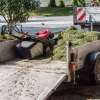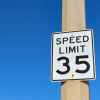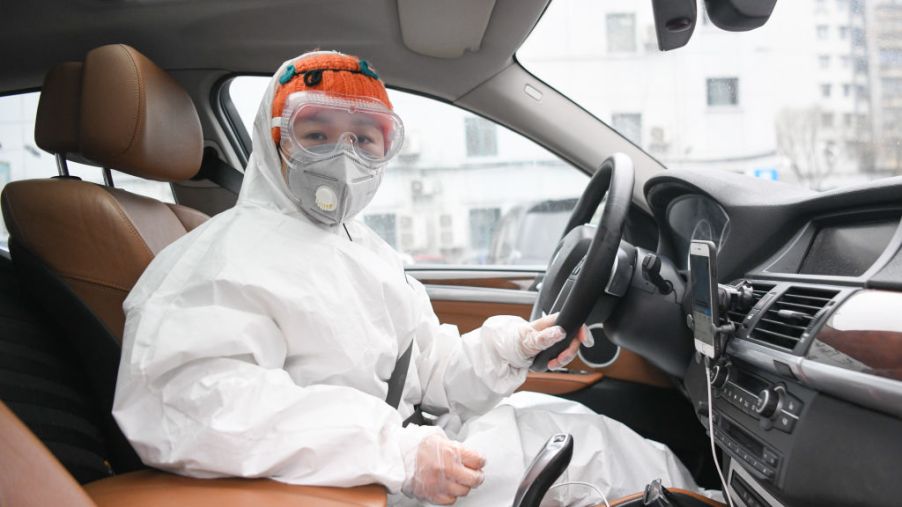
Can I Get The Coronavirus From A Car?
The fears of the ongoing coronavirus are real and the threat remains. Concerned individuals have a lot of questions surrounding the virus. One of them centers on everyone’s main form of transportation; their cars. Can you get the coronavirus from a car? The answer is that it depends. Right now the World Health Organization (WHO) says there are only certain ways you can get the virus and all of those involve passing from human to human.
Mostly the only way to get the coronavirus from a car is through direct contact
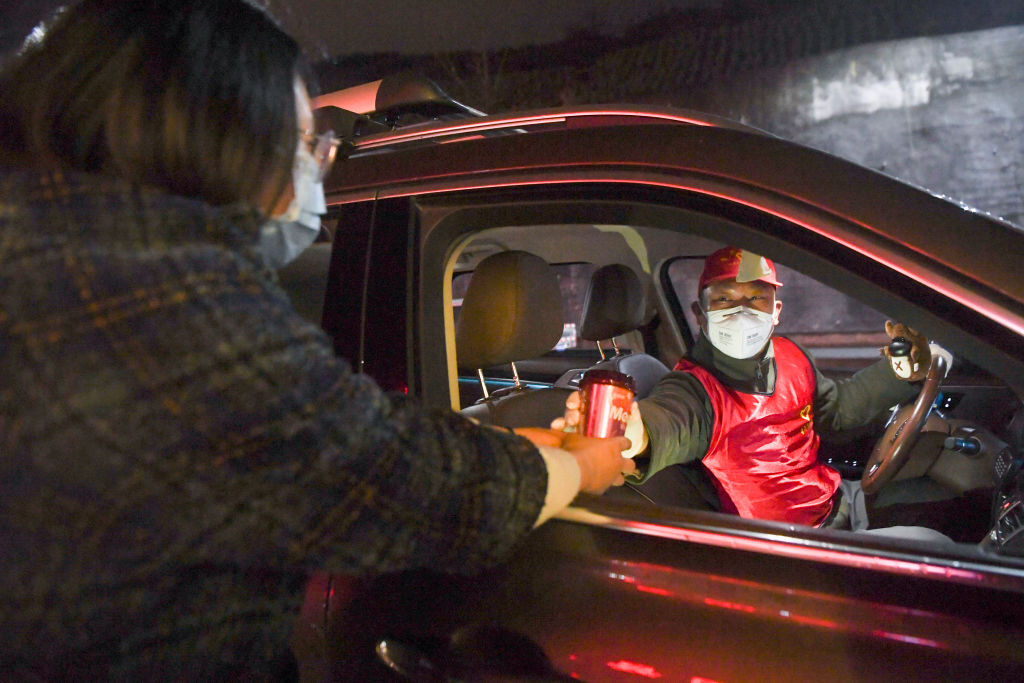
That would suggest the only way you could pick up the virus in your car is if someone with the virus was in the car. However, it is backtracking slightly from that because of a case in Northern California. As of this writing, a person there contracted the virus with no known contact to anyone with the virus. Without that specific contact or proximity, it indicates the virus is out in the wild, so to speak. That means wherever it is now anyone could come in contact with the virus and become infected.
The WHO is assessing ongoing research on the transmission of coronavirus. If anything changes it will update its findings and we’ll update this post.
If a car is used for ridesharing then the risk goes up slightly
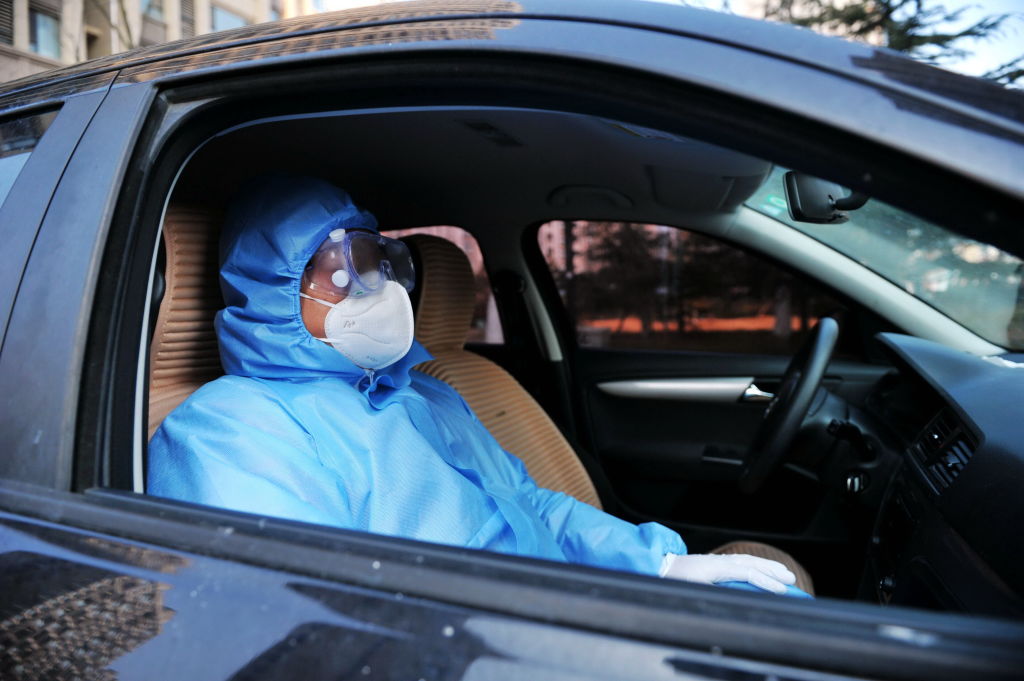
When traveling in a car that is used to transport numerous people on a given day, like an Uber or Lyft operation, that increases the risk. But even then the virus can only be transferred if an infected person first sneezes or coughs. Tiny droplets that person expels must then come in contact with another person or land on a surface in the car. From there one would need to have contact with the infected surface or breathe in the respiratory droplets and then touch their face or otherwise ingest it through their mouth.
The WHO is hedging on if the virus can be transmitted through the air. Before the case mentioned above, it was considered very unlikely. So, for now, it seems that driving through an area where the virus is known to exist, even with your windows down, won’t infect you. At this point, the WHO is saying unless there is that direct link to an infected person there is almost no risk.
Best way to avoid infection is don’t drive
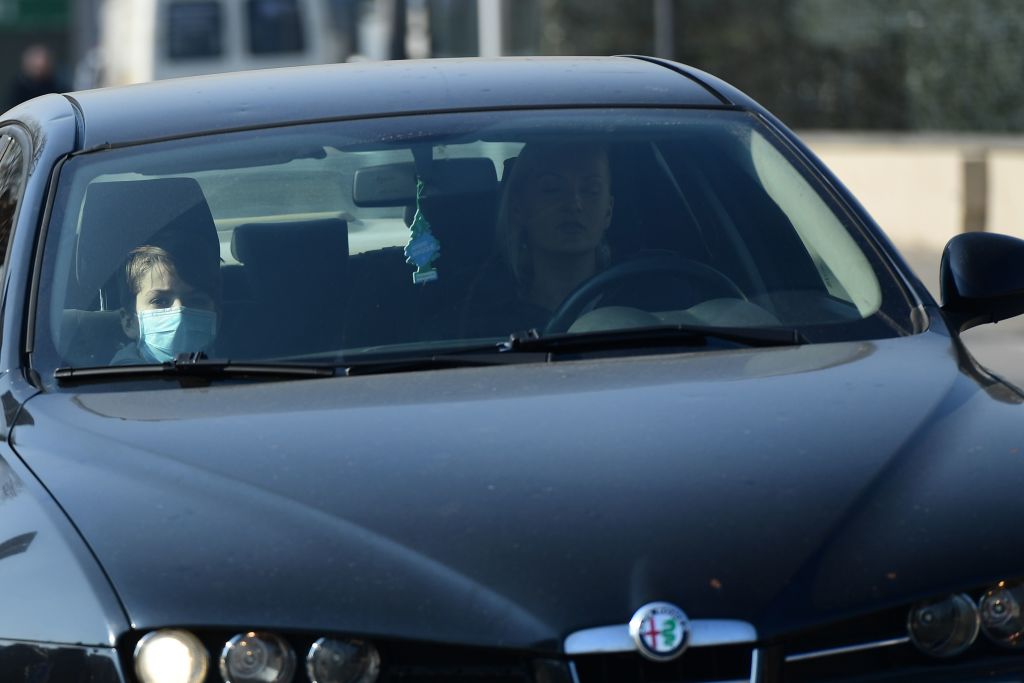
The best way to avoid infection is to not drive at all. If you do drive try not to come in contact with too many people. Most people don’t have a multitude of passengers in and out of their own cars so the risk is virtually nil. Wearing a mask does nothing for you. It only helps to contain the spread if someone is infected; then that person should wear a mask to contain transmission.
When coming in contact with people try to stay at least three feet away from them. That distance should be enough in case they are infected and sneeze or cough. Some people might have a mild form of the virus and don’t know it. So if you keep a distance it protects you in such a situation.
Washing hands or using sanitizer kills the virus
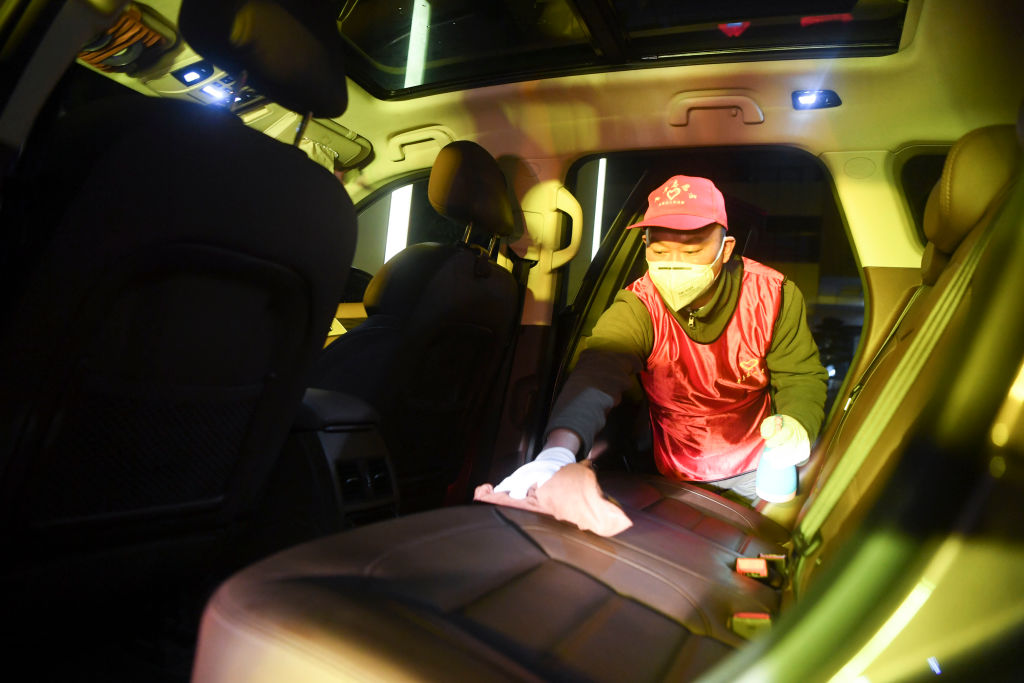
Washing your hands frequently or using alcohol-based hand sanitizers helps kill the virus. If for some reason you have come in contact with the virus washing or sanitizing your hands should keep you virus-free. Driving a person’s car that is infected, if you go over the steering wheel and wipe surfaces with a disinfectant wipe or sanitizing liquid should kill any living virus.
Especially if you don’t feel well stay home. If your symptoms worsen seek medical help. The sooner you know what you have the better you can protect others from catching the virus if you have it. Knowing if you do or don’t have it should lessen transmission.
The World Health Organization has more helpful suggestions
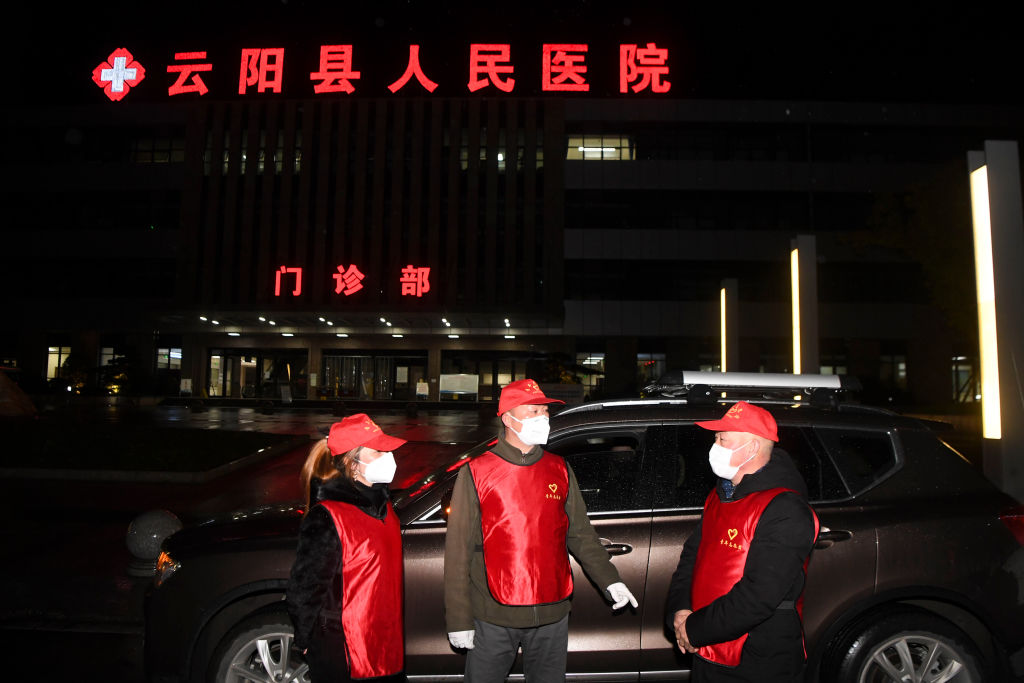
You can go to the WHO site for other info and tips to prevent catching the virus. The good news is unless you’re performing a rideshare or transportation service with your car it is highly unlikely you’ll get the coronavirus.
If you do ridesharing or transporting people there are still simple steps you can take from the above simple info to avoid contact.

